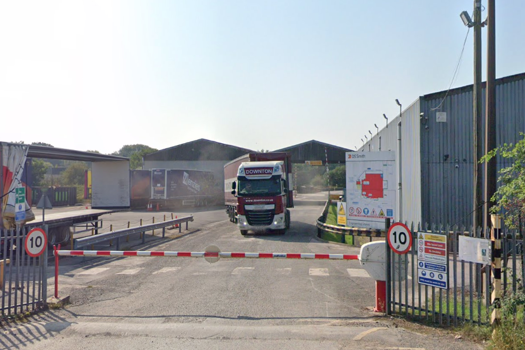BC forest service's chief forester, Larry Pedersen, said the infestation had reached epidemic proportions, with the insects now found in an area three quarters of the size of Sweden.
"What we need is an extremely cold winter, with temperatures between minus 35 and minus 40, to slow their growth," said Pedersen.
The tiny pine beetles have been spreading through BC's forests since 1994 due to unusually warm winters. This year the pests have destroyed up to 108m3 of pine timber, an increase of 50% on last year, said Pedersen.
Another problem is that the pine beetles, which can also fly, prefer mature trees. The beetles also carry a fungus that leaves a blue stain in the uneaten wood, making the timber harder to sell.
The beetles have previously been kept in check by a mixture of cold winters and forest fires, but the cold winters have stopped and fires are being used far less.
Pedersen said the annual allowable cut, one further form of treatment, had been increased by over 5m-cube, but if the epidemic continued some 150m to 160m hectares of forest land could be destroyed.
"These are not long-term solutions, they are temporary measures to deal with an epidemic of catastrophic proportions," said Pedersen.
Story by Andy Scott
Have your say in the Printweek Poll
Related stories
Latest comments
"Gosh! That’s a huge debt - especially HMRC! It’s a shock that HMRC allowed such an amount to be accumulated."
"Whatever happened to the good old fashioned cash job! At least the banks didn't take 2-3% of each sale. After 30 odd transactions that £100 quid you had has gone."
"It's amazing what can be found on the "web" nowadays!"
Up next...

Replacement 'will be operational later this year'
Walstead makes decision on Bicester 64pp

'Ridiculous decision'
Unite “prepared to fight” on proposed DS Smith site closure

Also helps mitigate volatile energy prices




